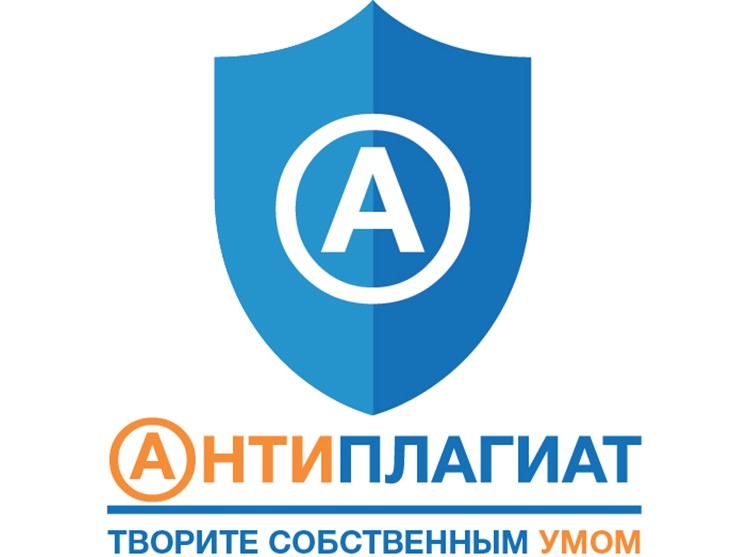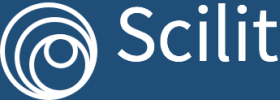Plagiarism Policy
Journal plagiarism policy
One of the most important requirements for successful article publication is its originality and correct use of previously published works of the author(s) or other scientists. The Theory and Practice of Archaeological Research journal respects intellectual property, is strongly opposed to plagiarism in any form and aims at protecting and promoting honest work of its authors.
By submitting Author(s) manuscript to the journal it is understood that it is an original manuscript and is unpublished work and is not under consideration elsewhere. All authors submitting articles to Theory and Practice of Archaeological Research are expected to abide ethical standards of publication, they are deemed to be individually and collectively responsible for the content of manuscripts published by them. Hence, it is the responsibility of each author to endeavor for the uppermost ethical standards with respect to plagiarism.
We refer to the plagiarism as an unethical act of copying someone prior ideas, results or words without explicit acknowledgement of the original author and source. Plagiarism represents the violation of copyright law and may appear in various forms.
The following types of plagiarism are considered by Theory and Practice of Archaeological Research:
Full Plagiarism: Previously published content without any changes to the text, idea and grammar is considered as full plagiarism. It involves presenting exact text from a source as one’s own.
Partial Plagiarism: If content is a mixture from multiple different sources, where the author has extensively rephrased text, then it is known as partial plagiarism.
Self-Plagiarism: When an author reuses substantial parts of his or her own published work without providing the appropriate references. This can range from getting the whole identical manuscript published in multiple journals (redundant publication, complete self-plagiarism) to modifying a previously published manuscript, when only small amounts are added, but hypothesis, methodology or results remain similar (salami publication or segmented publication).
In the case of a publication being submitted that was originally published in another language, the title, date and journal of the original publication must be identified by the authors, and the copyright must be obtained. The editor may accept such a translated publication to bring it to the attention of a wider audience.
Plagiarism policy before publishing
All manuscripts submitted for publication to Theory and Practice of Archaeological Research are checked for originality using anti-plagiarism software. For articles presented in Russian the web-based plagiarism-check system Антиплагиат is used, for articles, written in English we use different services, such as Plagiarisma, Copyleaks, PlagScan and some others.
Manuscripts found to be plagiarized during initial stages of review are out-rightly rejected and not considered for publication in the journal.
Plagiarism policy after publication
In case of plagiarism comes to light after a paper is published in the Theory and Practice of Archaeological Research, the Editor-in-Chief will conduct preliminary investigation, may be with the help of a suitable committee constituted for the purpose. If plagiarism is proved, the journal will contact the author's institute and funding agencies.
A determination of misconduct will lead Theory and Practice of Archaeological Research to run a statement, bidirectionally linked online to and from the original paper, to note the plagiarism and to provide a reference to the plagiarised material. The paper containing the plagiarism will also be obviously marked on each page of the PDF. Upon determination of the extent of plagiarism, the paper may also be formally retracted.
Theory and Practice of Archaeological Research will disable the author account with the journal and reject all future submissions from the author for a period of 03 / 05 / 10 years or even ban the authors permanently.
In its plagiarism policy Theory and Practice of Archaeological Research acts according to the Core Practices of the Committee on publication ethics:







2.jpg)




